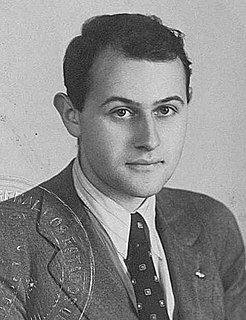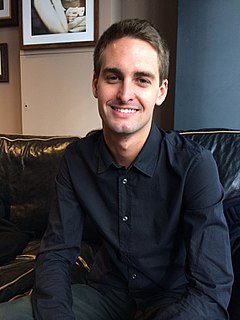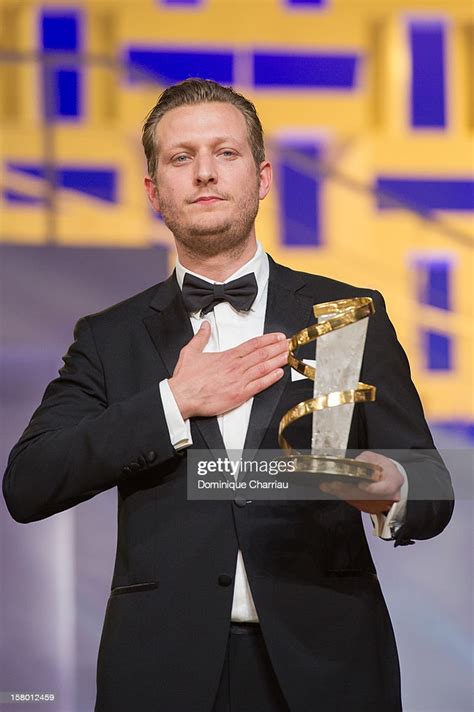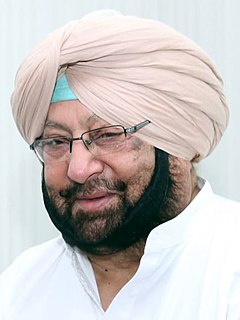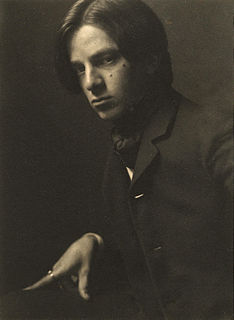A Quote by Vilem Flusser
Both those taking snaps and documentary photographers... have not understood information. What they produce are camera memories, not information, and the better they do it, the more they prove the victory of the camera over the human being.
Related Quotes
The camera has a mind of its own--its own point of view. Then the human bearer of time stumbles into the camera's gaze--the camera's domain of pristine space hitherto untraversed is now contaminated by human temporality. Intrusion occurs, but the camera remains transfixed by its object. It doesn't care. The camera has no human fears.
One of the great misconceptions about spiritual growth that develops in a lot of churches is that information alone is adequate to produce transformed human beings. So if we want to have a church of spiritually mature people, let's just keep cramming more and more information into them... Information alone is not adequate for the transformation of the human personality.
People were murdered for the camera; and some photographers and a television camera crew departed without taking a picture in the hope that in the absence of cameramen acts might not be committed. Others felt that the mob was beyond appeal to mercy. They stayed and won Pulitzer Prizes. Were they right?
Some of my pictures are poem-like in the sense that they are very condensed, haiku-lik. There are others that, if they were poetry, would be more like Ezra Pound. There is a lot of information in most of my pictures, but not the kind of information you see in documentary photography. There is emotional information in my photographs.
An acoustic ecologist is a listener who is aware that sound is information. It's information because it's created by events, events produce sound, and that sound has all kinds of data, if you will, that conveys what event occurred, what the materials were, whether it was sudden, slow, loud, in what direction. And because it is information, we can think of it as a message. The acoustic ecologist studies information systems that are both intentional and sometimes wild.
Today your technology is far more sophisticated. Forget about sending a reconnaissance aircraft, your satellites provide you information on a minute-to-minute basis. Similarly, when missiles were fired, every missile has a camera in its cone, on its nose, and it keeps relaying information until the point of its impact.
If I were writing an article for the newspaper, it would be thesis statement, information, information, supporting arguments. That would be the setup. When I'm making a documentary, the pacing of the film and the way that you sort of switch from character to character - all of those are more about storytelling than straight journalism.
